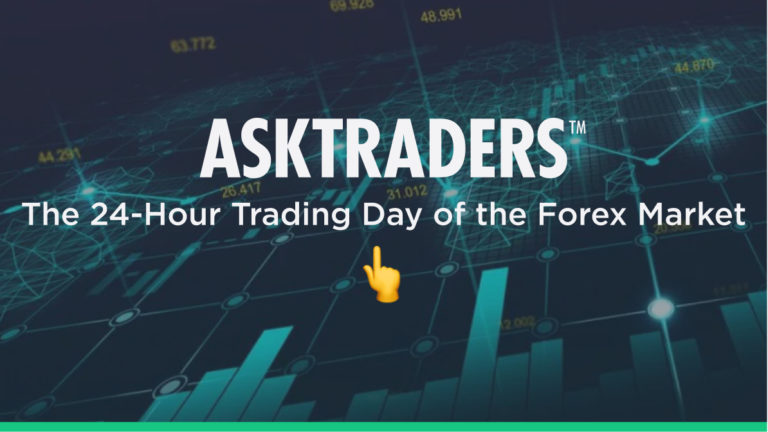
What makes stock, commodity and CFD advice so different from that of the forex market is the fact that it can be traded 24 hours a day from Monday to Friday. This is due to the high demand for currency trading and has resulted in the market opening at 10 PM GMT on Sundays and closing at 10 PM GMT on Fridays. The various time zones in which forex is traded make this 24-hour window possible, whereby currencies are continuously traded during the day and night. The fact that is an over-the-counter market rather than one run by a central point of exchange helps make this possible.
Who trades 24 hours a day?
Between the central banks and businesses across the world, there is always a constant demand for currency. This is especially true for international trade, as central banks make use of foreign exchange in order to run effectively. The market opens as the day begins in Australia and New Zealand, moving then to Asia and Europe, and ending in the US before starting the cycle again. Although the market is open 24 hours a day, there are short breaks provided by brokers. This broad time period for trading is especially useful for central banks looking to stabilize their currency during times of volatile markets and economic situations.
Forex trading details
There is no central exchange point for this type of trading; all transactions take place online. This service is provided by forex brokers and certain CFD brokers, allowing traders to choose forex pairs with which to trade. Unlike many other markets, traders are not forced to wait for an available buyer or seller and can trade at any time under any conditions.
This allows traders to invest with a relatively small amount of capital and make use of high leverage, which increases their amount of potential trades. As a result, the market is open to a vast range of people who can adapt this market to their personal needs.
When beginning in the forex industry, it is vital to know which times of the day are best to trade and how the market functions at these times. The trading day can be split into four sections according to the GMT time zone: from 10 PM when the market goes online in Sydney; 12:00 AM to 9:00 AM in Tokyo; 8:00 AM to 5:00 PM in London, and from 1:00 PM to 10:00 PM in New York.
How many hours should I trade?
Naturally, no human can trade for all 24 hours in a day, nor is it necessary. The forex market is more about making trades at the most opportune times rather than making as many trades as possible. There are many periods during the day that are quiet and do not present the best opportunities for trades, but each currency pair and session is different. On average, you will find the market at its busiest at the start of the London session and when the New York and London sessions overlap in the afternoon, which is particularly beneficial for day traders.
There is never a particular season or holiday when the entire market closes, but each currency pair will react according to the beliefs and holidays of its country. The only time the market stops as a whole is on global holidays such as Christmas.
The best way to get started in this market is to do as much research as possible, review brokers, and test them by opening a demo account and practicing until you are confident enough to open a live account.
PEOPLE WHO READ THIS ALSO VIEWED:




